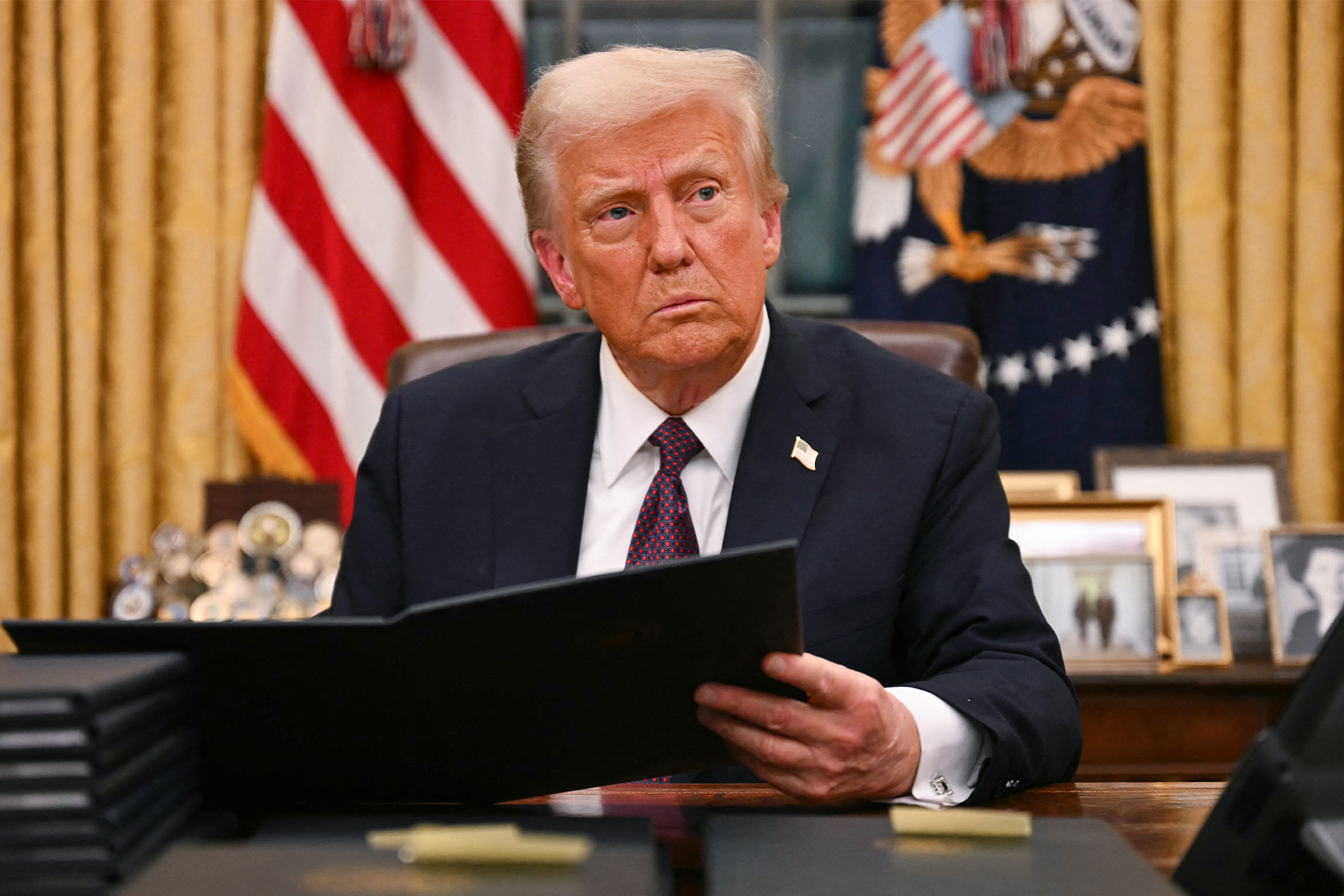President Donald Trump has come under fire for his recent request to release grand jury transcripts related to the investigation of Jeffrey Epstein. The backlash follows a report from the Wall Street Journal regarding a note Trump allegedly sent to Epstein in 2003. On March 7, 2024, Trump announced via Truth Social that he directed Attorney General Pam Bondi to seek court approval for the release of any pertinent grand jury testimony in the Epstein case. Bondi quickly affirmed her support, stating she would pursue the unsealing of the transcripts.
Legal experts have criticized Trump’s initiative, suggesting it lacks both depth and sincerity. Former U.S. Attorney for the Northern District of Alabama, Joyce Vance, noted on social media that obtaining a judge’s permission is not guaranteed. “They need a judge’s permission & a judge could easily say no,” Vance pointed out. She further suggested that Trump could use a potential denial as a justification for any perceived inaction, stating, “Trump can say, yet again, that he tried & the courts stood in his way.”
Critics have also highlighted the limited scope of grand jury transcripts, which constitute only a small part of the overall investigative record. Elie Honig, a former assistant U.S. attorney, explained that the entire Epstein case reportedly encompasses around 300 gigabytes of material, with grand jury testimony representing merely a fraction. “Most witnesses don’t even go into the grand jury,” he said on CNN. “They just talk to you in a conference room, not in the grand jury. So we’re talking about a 1%, 2%.”
Former deputy chief of the criminal division for the Southern District of New York, Kristy Greenberg, echoed these sentiments by asserting that the transcripts are unlikely to implicate Trump. “Trump knows SDNY prosecutors seeking to indict Epstein and Maxwell didn’t ask questions about him in their grand jury presentations while he was POTUS,” she remarked. Greenberg described the request as a distraction from more substantial evidence, such as witness interview notes and other materials.
Adding to the criticism, conservative attorney and Trump critic Heath Mayo characterized the move as an attempt to keep potentially damaging information concealed. “Anybody who knows anything knows that the grand jury testimony won’t show even a fraction of the evidence that was obtained,” he stated. “This is a desperate defensive move.”
Democratic lawmakers have also voiced their skepticism regarding Trump’s motives. Representative Dan Goldman from New York questioned the focus on grand jury testimony, asking, “What about videos, photographs and other recordings? What about FBI 302’s (witness interviews)? What about texts and emails? That’s where the evidence about Trump and others will be. Grand jury testimony will only relate to Epstein and Maxwell.”
As the debate continues, the implications of Trump’s request highlight the complexities surrounding the Epstein case and its ongoing impact on national discourse.
